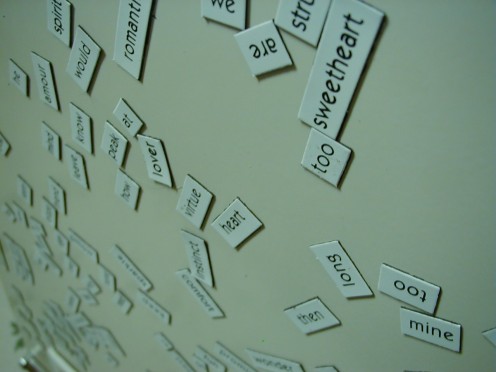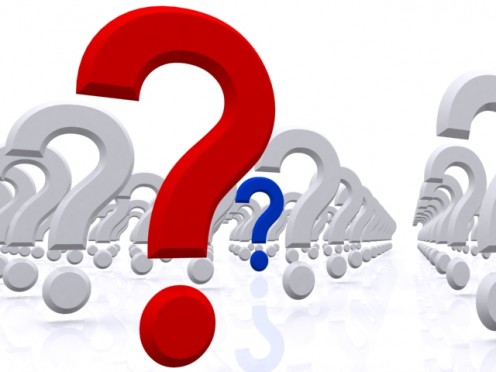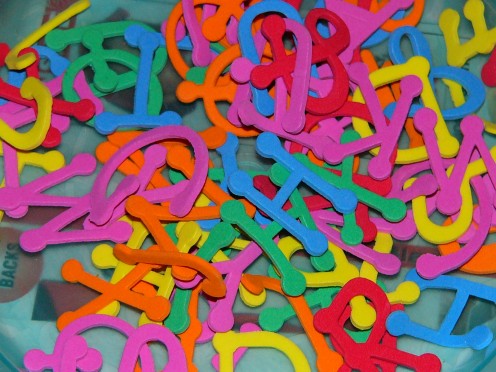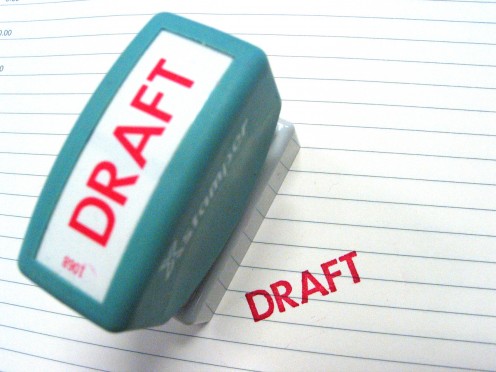Why Revising Your Poetry Is Not Always a Good Plan

The Process
When you write poetry, you likely have a concept in mind when you begin to write the lines. You also likely have a favourite way to write, whether by pen and paper or by typing at a computer.
Some poets stand by the statement that you should never revise your poem once the last line is completed. Other writers explain that revision is a way to ensure the best product is created for any form of writing. My viewpoint is somewhere in the middle of the two statements; I believe that revising poetry is a good idea in certain circumstances but not in others.
Revision refers to looking back at the poem you wrote to see if it needs to be altered for style (spelling, grammar, and length of lines) and substance (creativity, and ability to clearly communicate images). To revise or not to revise, that is the question.

When Revision Is Not In Your Best Interests
Caught Up In the Moment
You may find yourself caught up in the lines as you write the poem.
You are caught up in both the present moment and in the imagery of the words as they fly from your mind to your fingertips to write down the thoughts. When this happens to me, I find that the words are phrased in original ways. If I had stopped to think more between lines, I am unsure I could have come up with as many creative lines as I did when I was caught up in the moment.
Revision can take away some of that creative spirit. You may decide to tweak a few of the lines. During revision, you may decide that you want your poem to rhyme rather than be a free form style. The problem with revision is that you may change the initial spirit of the poem. The creative element can become lost when synonyms are switched up or grammar changed. The first take may have been the most pure and creative form of the poem. The initial words may have connected better with a reader for its raw quality than a revised version.

Over-thinking Has Its Consequences
When you think too much about something, you over-think it. How do you know you are doing this? Likely you are taking a relatively simple decision you need to make and agonizing over it. You lose sleep. You are anxious, frustrated, and even become ill over your mental debates. You can over-think your poem as well when you revise the words.
You may revise to the point that you lose your original image or the message you first intended to convey to readers. You lose the message as you become farther and farther tangled into the written piece with each revision. Perhaps you get caught up in the length of the lines and swap certain words for other words to give the poem a more organized look. In the process, you may lose the connotations of the original words and feelings that would have been stirred within readers. Your audience may no longer connect with the poem. Pieces of meaning have been lost in the revision process.
When you over-think, you also may begin to question your original ideas. You could wonder:
- Is the concept of this poem odd?
- Will the reader connect with the poem?
Self-doubt creeps in. The doubt may increase with each revision, if there is more than one done. You actually can lose sight of the readers with each revision as you become more focused on the words themselves and move farther away from the original idea of the poem.
The Advantages of Revising Poetry
There is a time and place for revision in any writing process. While ideas and specific words, in my opinion, should not be touched after the poem is written, other parts of the poem can be improved by revision.
Spelling
Poetry needs to be believable to the reader. Being believable is shattered when there are spelling mistakes. Once the poem is written, take time to run your poem through a computer's spell check program. A miss-spelled word in a poem can cause someone to stop reading your piece entirely.
Capitalization
Correct capitalization rules for the language should also be followed. Revise your poem by looking at the title and proper names to ensure they are capitalized correctly according to the rules of the particular language. Some poets prefer to capitalize the first word of each line; if you do so, ensure all of these words are capitalized to maintain a uniform quality to the poem.

Title
Poetry can also benefit from revision of the title. Sometimes I have a title chosen before I write the poem. After the poem is written, I may decide that the title does not fit the piece. I may change the title completely or only alter one or two of the words.
The title is important as it is the first part of the poem read by your audience. It is like a first impression. Create a title that captures the reader's attention and also relates to the content of the poem. In the case of the title, revision can strengthen a poem and may be useful.
The Revision Process for Poetry
While some poets may be against revising a poem for any reason, other poets complete multiple drafts of a piece before believing it to be complete. I believe that revision may be necessary to fix technical details of the poem, such as spelling errors and ambiguous titles. Revision, however, may be counter-productive when it begins to take away from the meaning of the poem or sets the poet into a state of over-thinking and anxiety.
When a poem is submitted for publication or tucked into one's own personal collection, the writer wants the piece to be of the finest quality possible. Keep that end goal in mind to help you figure out the best process for you personally regarding the revision of your poetry.

Do You...
Do You Revise Your Poetry?
More Information about Writing
- Habits of highly effective freelance writers - by Christy Birmingham - Helium
Highly effective freelance writers have certain habits in regards to their work. These habits may come naturally or be learned over time. There is..., Christy Birmingham



